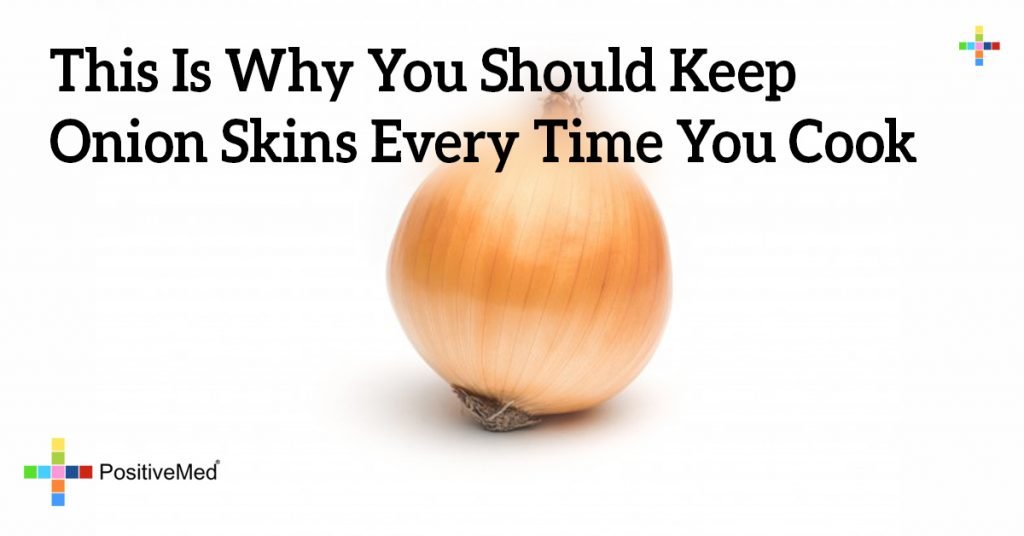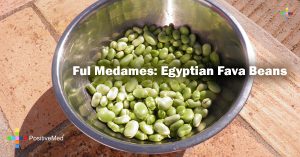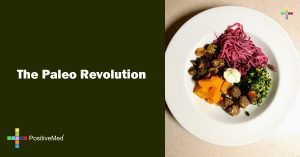
This Is Why You Should Keep Onion Skins Every Time You Cook
Amazing Benefits of Onion Skin
Do you simply throw away the dry part of the onion skin when you are in the kitchen cooking? Before you toss those onion skins in the compost bin, here’s what you need to know. There are powerful levels of antioxidants and a host of medicinal uses in those dry, papery onion skins. The brown skin and the outer layers of the onion contain high levels of fiber, flavonoids and loads of antioxidants. Onions are packed with rich doses of vitamins A, C and E and antioxidants which protect the skin cells from free radical damage. Keep your skin looking younger and your body functioning optimally by putting those onion skins to use today.

The Onion Skin Has More Antioxidants than the Onion Itself
Onion skin contains a powerful plant pigment called quercetin which reduces blood pressure and helps prevent clogged arteries. Eating the onion skin dramatically reduces the risk for:
- Cardiovascular disease
- Colon cancer
- Obesity
- Type 2 Diabetes
- Gastrointestinal problems
The onion skin has anti-carcinogenic, antifungal, anti-bacterial and antioxidant properties.
How to Make Onion Skin Tea
Onion skins are ideal detoxing agents. Use the skins for their amazing health benefits by brewing a powerful medicinal hot tea daily. Set aside the unused onion skins when you are cooking and use these for tea making. In a glass mason jar, place the onion skins and outermost layers of the onion. Pour hot water over the onion skins and let them steep for about fifteen minutes. Strain out the onion skins and drink the tea at bedtime.
RELATED ARTICLE: Onions Are Strong Cancer Killers: What Kind of Onions Should You Use!
Use Onion Skins in Soups and Stews
The onion skin itself is not edible but can easily be added to a soup or stew base. It can also be used for making homemade chili. The quercetin is a potent antioxidant flavonoid with anti-tumor benefits and is very rich in antioxidants. Quercetin levels are highest on and near the onion skin. Quercetin is also a sedative, which is why the onion tea is best when consumed at bedtime. Do not take onion skin during pregnancy or while breastfeeding.
Study Shows Onion Skins High in Dietary Fiber
According to a study published in the journal Plant Foods for Human Nutrition, the brown onion skin could be used as a valuable dietary ingredient because it is extremely high in non-soluble dietary fiber. Soluble and insoluble fiber are both undigested by the body. Fiber is not absorbed into the bloodstream but is excreted from the body. Insoluble fiber removes toxic waste from the colon and keeps the pH in the intestines at optimal levels. Insoluble fiber keeps the body regular and promotes bowel movements. This helps prevent microbes from making cancerous substances.
Eating fiber also helps reduce the risk of many health conditions such as cardiovascular disease, colon cancer, obesity and type 2 diabetes. The study also noted the powerful phenolic compounds, namely quercetin and other valuable flavonoids. Flavonoids are the parts of the plant with medicinal properties.
Next time you are in the kitchen chopping up onions think twice before you toss those onion skins. Why throw away such an amazing source of antioxidants? Instead, harvest the benefits of quercetin by brewing a warm cup of antioxidant onion skin tea. Or use the skins to turn a soup or stew into a medicinal broth. Your health and immunity will improve instantly.





